GSP Insurance Group Blog |
Why is life insurance important?Life insurance is an important financial tool that provides a safety net for your loved ones in the event of your death. It ensures that your family is protected from the financial strain that can arise from outstanding debts, mortgage payments, funeral expenses, and other financial obligations. Life insurance provides much-needed peace of mind, knowing that your loved ones will be taken care of financially, even when you're no longer there to provide for them. There are several types of life insurance policies to choose from, such as term life insurance and permanent life insurance, each offering its advantages and benefits. In this article, we will explore why life insurance is important and how it can provide financial stability and security for your family during challenging times.
0 Comments
What Are Some Common Reasons for Non-Renewal?Is your homeowners' insurance policy at risk for non-renewal? This can happen for a variety of reasons, and it's crucial to be aware of them so you can take timely action. This has become a frequent occurrence, not only in Beaufort County and South Carolina but across the country, as insurance carriers are pulling back from disaster-prone areas, particularly coastal regions. Other companies are reorganizing or even liquidating, adding to the trend of non-renewals.
A failed home inspection is a common reason for non-renewal. If your property doesn't meet the insurance company's safety standards due to issues like faulty wiring or an aging roof, you might receive a non-renewal notice. Residing in areas at high risk for natural disasters is another significant factor. Insurance companies are increasingly cautious about providing coverage in zip codes prone to frequent natural disaster-related claims, such as hurricanes, earthquakes, or wildfires. Fraudulent information on the application can also result in non-renewal. If material misrepresentations or false details are discovered, the insurer has the option to either cancel or non-renew the policy. Understanding your policy's terms and conditions is essential to avoid such situations. Should you receive a non-renewal notice, consider reaching out to an independent agent who can help you find a suitable new insurance provider. By maintaining a clean claims history and ensuring that your property is in good condition, you can bolster your chances of policy retention. Stay informed and proactive to secure the coverage you need. South Carolina’s Risk of Natural Disasters
South Carolina boasts picturesque landscapes and an inviting southern ambiance. Yet, the state is no stranger to natural disasters, especially flooding. Given its extensive coastline and numerous rivers, Beaufort County and other parts of South Carolina are prone to issues like tropical cyclones, torrential rains, and storm surges. The area has weathered several severe floods in recent years, causing substantial damage to real estate. For property owners in Beaufort County, understanding the distinctions between home insurance and flood insurance is vital. Standard home insurance policies generally do not cover damages arising from external water levels rising, such as in the case of flooding. Flood insurance is a separate policy designed to protect your property and investment against such risks. Having appropriate flood insurance coverage can be a financial lifesaver, filling the coverage gaps left by standard home insurance. This article aims to delve into the advantages of securing flood insurance, explore the variety of coverage options available, and illustrate how it can offer peace of mind for property owners in Beaufort County, South Carolina. What is an Independent Agent? An independent agent is a professional who works with multiple insurance companies, offering a wide range of coverage options to his or her clients. Unlike captive agents who exclusively represent a single insurance company, an independent insurance agency has the flexibility to choose from a variety of insurance products across different carriers. This allows them to provide unbiased advice and tailor insurance solutions that best meet the needs of their clients. Independent agents are well-versed in the insurance industry and stay up to date with changing policies and regulations. They are able to educate their clients about the different types of insurance and help them make informed decisions. By working with an independent agent, individuals and businesses can benefit from personalized customer service, competitive prices, and access to a broader range of coverage options. Whether it's health insurance, auto insurance, or life insurance, an independent agent can guide clients through the process of selecting the right policies for their specific needs.
If you are a business owner in Georgia or South Carolina, it is important to be aware of the distinctions between commercial auto insurance and personal auto insurance. While personal auto insurance typically covers vehicles used for personal reasons such as commuting or running errands, commercial auto insurance is specifically designed to protect vehicles used for work-related purposes. This includes business vehicles like delivery trucks, company cars, and even personal vehicles used extensively for work. The key distinction lies in the coverage provided. Commercial auto insurance offers higher liability limits, as well as comprehensive and collision coverage options that go beyond the limitations of personal auto policies. Whether you're running a small sole proprietorship or a larger business entity, having adequate commercial auto insurance is essential. Protect your assets and ensure the safety of your employees and job sites by obtaining the right coverage for your business vehicles. Don't leave your business vulnerable – consult with an experienced insurance agent to determine the best commercial auto insurance policy for your needs.
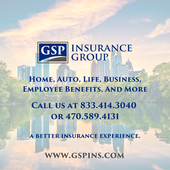 Introduction As a landlord, it is essential to protect your investment and ensure the well-being of your tenants. One way to achieve this is by requiring tenants to have renters' insurance. Renters' insurance provides coverage for tenants' personal belongings and offers liability protection. In this article, we will discuss the requirements that landlords should have for tenants' renters' insurance policies, emphasizing what that means for landlords and property owners in Georgia and South Carolina. 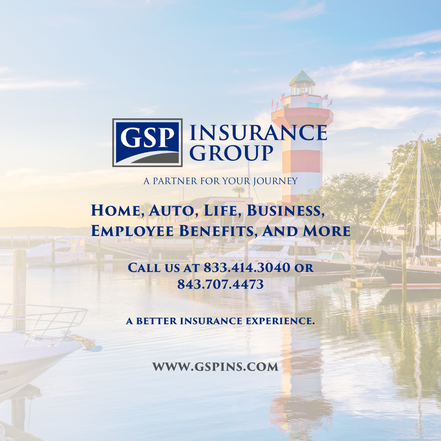 Introduction South Carolina, a state known for its picturesque landscapes and welcoming communities, is currently facing unprecedented challenges in the home and auto insurance market. Within this vibrant state, Beaufort County has emerged as a battleground where residents are grappling with the impact of rising insurance rates. Across the board, homeowners and drivers are witnessing an alarming increase in premiums. Additionally, the market is witnessing a growing trend of carriers either withdrawing altogether or implementing stricter underwriting guidelines and higher down payment requirements. This phenomenon has earned the title of the "hardest insurance market" in a generation across the country. In this blog article, we will delve into the state of the home and auto insurance market in Beaufort County, explore the factors contributing to the difficulties, and provide insights on how to navigate this challenging landscape. 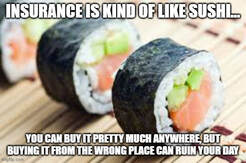 As a business owner or manager, it's important to ensure that your employees are protected in case of an injury or illness that occurs while they're working. This is where workers' compensation insurance comes into play. However, many business owners are unsure whether or not they need to provide workers' compensation insurance to their 1099 employees. In this article, we will explore the question of whether 1099 employees need workers' comp in South Carolina. 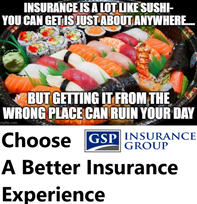 An attractive nuisance is a term used in insurance and legal circles to describe a dangerous condition on a property that may attract children and cause harm or injury. This could be anything from a swimming pool or trampoline to a construction site or abandoned building. In this blog post, we will take a closer look at what an attractive nuisance is, why it matters in insurance, and how property owners can protect themselves. 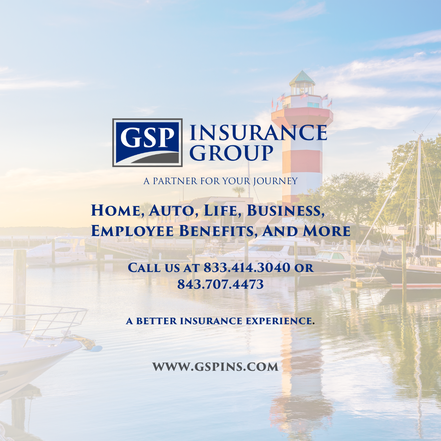 Auto insurance is an essential investment for vehicle owners to protect their financial interests in case of an accident or loss. However, there are two main types of auto insurance policies available in the market - personal auto insurance and commercial auto insurance. In this blog post, we will discuss the differences between these two policies and help you understand which one is suitable for you. |
Contact Us(843) 707-4473 Archives
February 2024
Categories
All
|

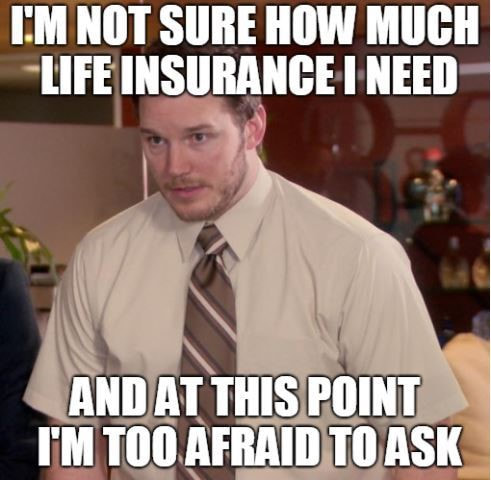
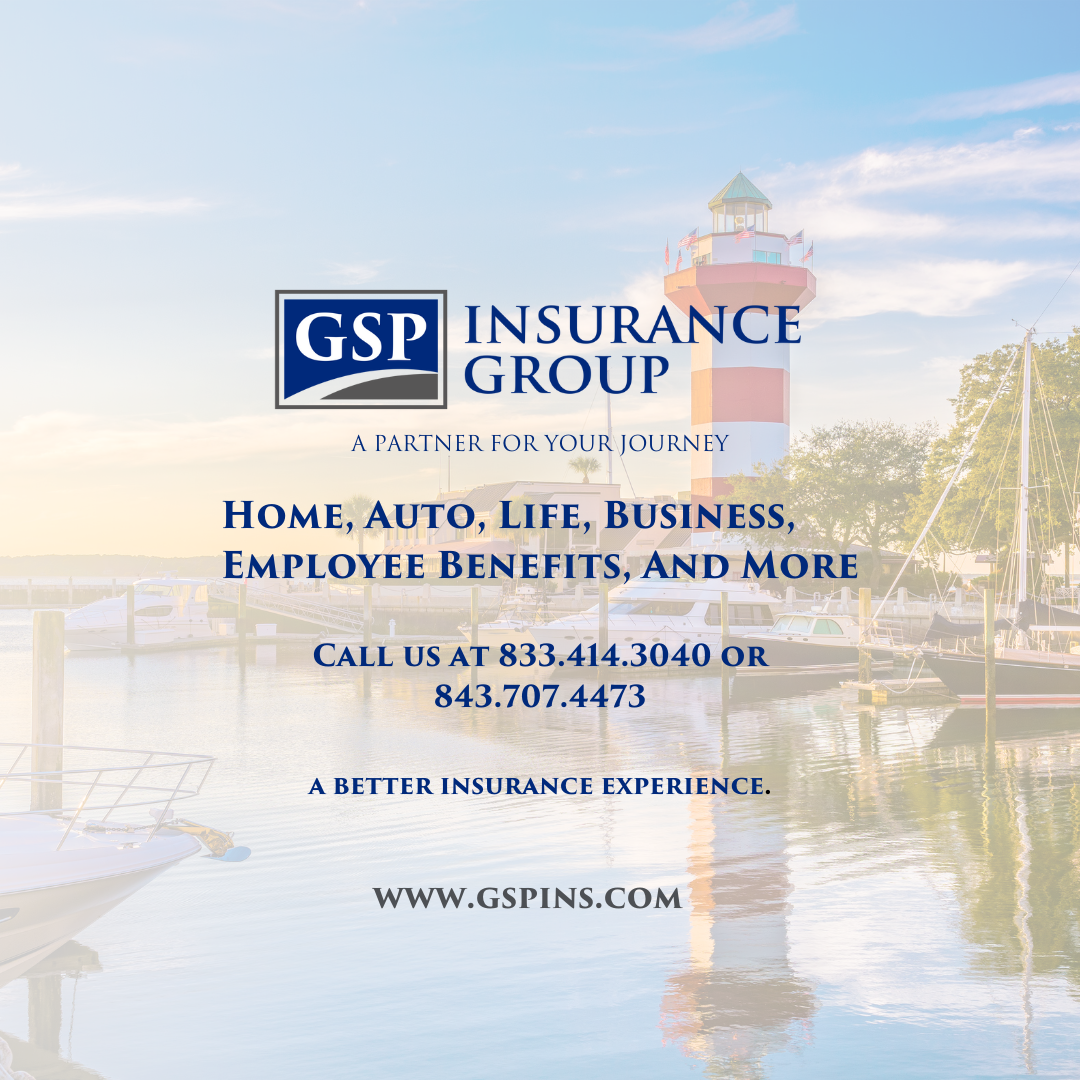
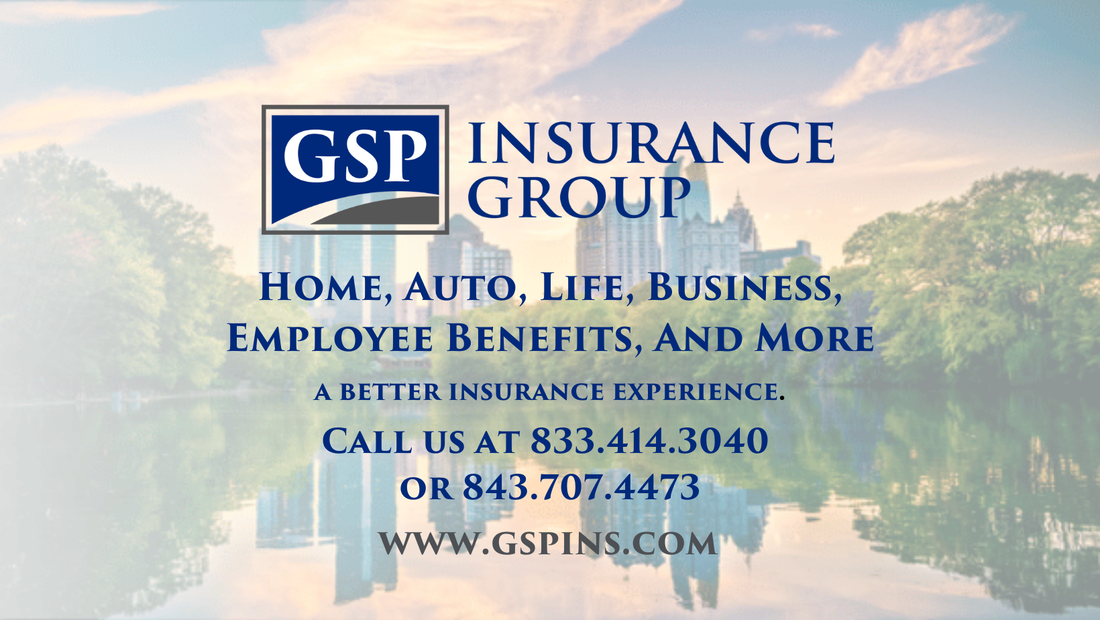
 RSS Feed
RSS Feed